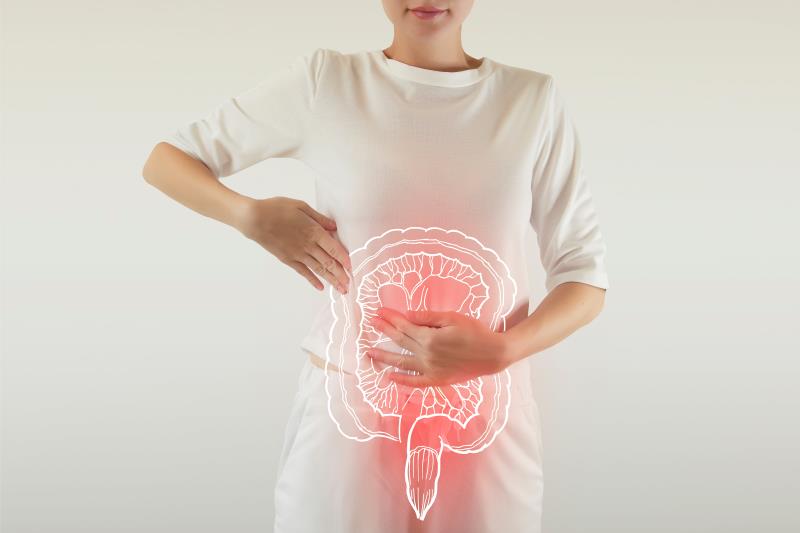Vedolizumab effective against ulcerative colitis in Asians





Ulcerative colitis (UC) patients from Asian countries fare as well as their peers from other parts of the world on vedolizumab, according to an exploratory analysis of the GEMINI-1 study.
“During induction treatment in the Asian subgroup, efficacy rates with vedolizumab were numerically higher than with placebo on the primary outcome of clinical response at 6 weeks, as well as on … clinical remission and mucosal healing,” researchers said.
All three induction outcomes with vedolizumab in Asians were also slightly more favourable than in non-Asians, with a difference of 9.3 percent for clinical response, 8.3 percent for clinical remission, and 12.4 percent for mucosal healing.
While that may be the case, it should be noted that Asian patients were somewhat younger and had a shorter disease duration than their counterparts, the researchers said. “Perhaps more importantly, the prior use of anti-tumour necrosis factor (anti-TNF) agents differed sharply across the two groups, with a lower frequency of prior anti-TNF use (and failure) in the Asian compared to non-Asian subgroups.”
They explained that prior anti-TNF use and failure could suggest a potentially refractory disease. Furthermore, it was demonstrated in a previous posthoc analysis of GEMINI 1 data that vedolizumab had higher efficacy in anti-TNF–naïve vs –experienced patients. [Clin Gastroenterol Hepatol 2017;15:229-239]
“Therefore, the slightly higher efficacy rates observed with vedolizumab in the Asian subgroup could in part be explained by a greater TNF-naïve sample,” the researchers said.
Patients from the Asian subgroup were from Hong Kong, India, Malaysia, Singapore, South Korea, and Taiwan. The induction phase (first 6 weeks of treatment) consisted of 58 patients (average age, 37 years; 51.7 percent men), among whom 29 patients each were randomized to vedolizumab or placebo.
At week 6, 55.2 percent of patients on vedolizumab and 24.1 percent of those on placebo achieved clinical response. Among patients in non-Asian countries (n=316), on the other hand, the corresponding response rates were 45.9 percent and 25.8 percent. [Intest Res 2020;doi:10.5217/ir.2019.09159]
During the maintenance treatment phase, clinical remission rates at week 52 with vedolizumab administered every 8 weeks, every 4 weeks, and placebo were 9.1 percent, 36.8 percent, and 31.6 percent, respectively. The respective rates for mucosal healing were 45.5 percent, 47.4 percent, and 47.4 percent.
Between Asian and non-Asian patients, there were no consistent trends seen overall. However, the rates of clinical remission, durable clinical remission, and glucocorticoid-free clinical remission among patients receiving 8-weekly vedolizumab were lower in the Asian than in the non-Asian subgroup.
The researchers pointed out that it was difficult to derive any meaningful conclusions from the above data due to the overlapping 95 percent confidence intervals for the comparisons and the small sample size in the Asian 8-weekly vedolizumab group.
“It is pertinent to note, however, that in patients randomized to 8-weekly vedolizumab, the median disease duration was slightly higher in the Asian subgroup than the non-Asian subgroup (6.5 vs 5.4 years),” they added. “In contrast, the disease duration was lower for the Asian subgroup compared to the non-Asian subgroup in patients randomized to placebo (3.9 vs 5.8 years) and 4-weekly vedolizumab (2.7 vs 5.6 years).”
In terms of safety, vedolizumab was well-tolerated in Asians, and adverse event frequency was similar to that seen in non-Asians.
“Asia-specific data are important as genetic and environmental differences may potentially influence therapeutic responses and complication rates,” according to the researchers, stressing the urgency of more efficacy and safety data on biologics in Asian patients with UC.